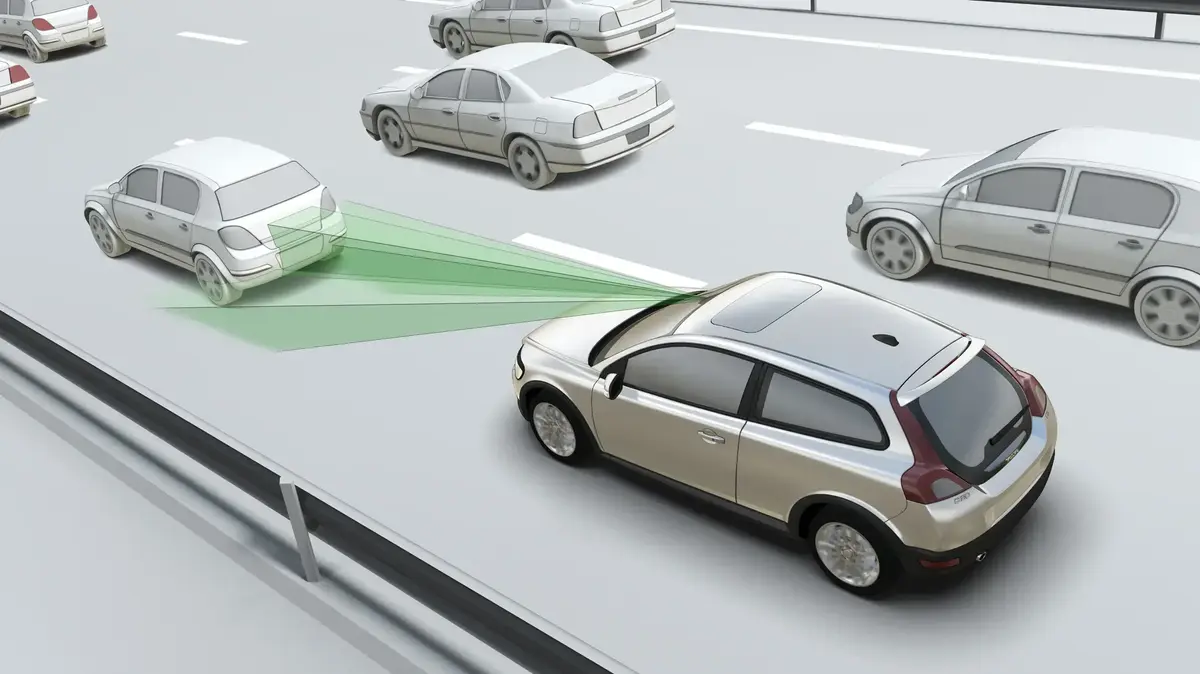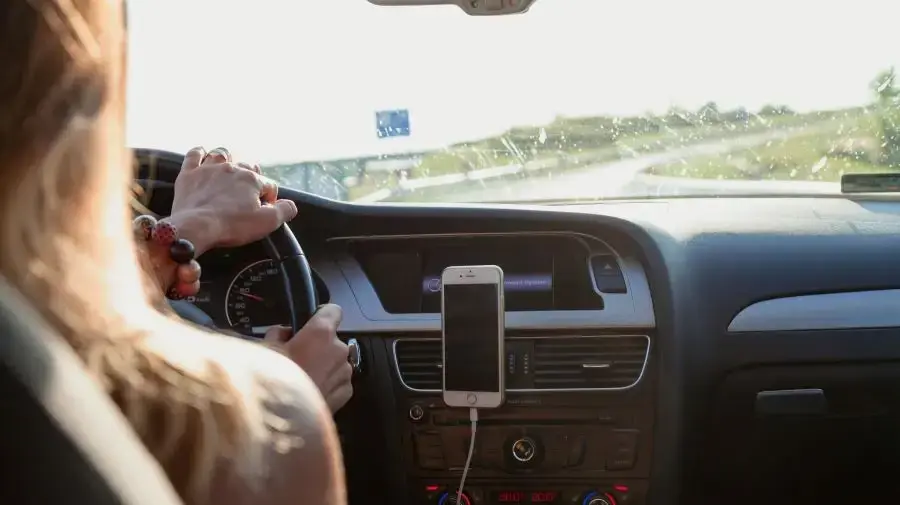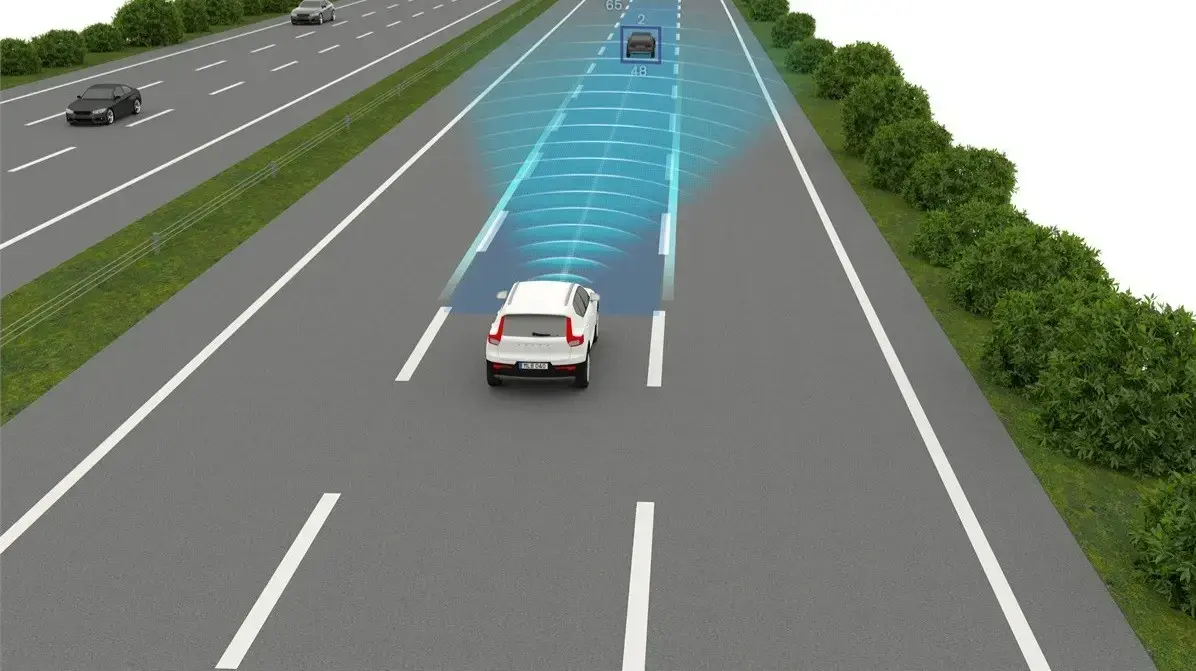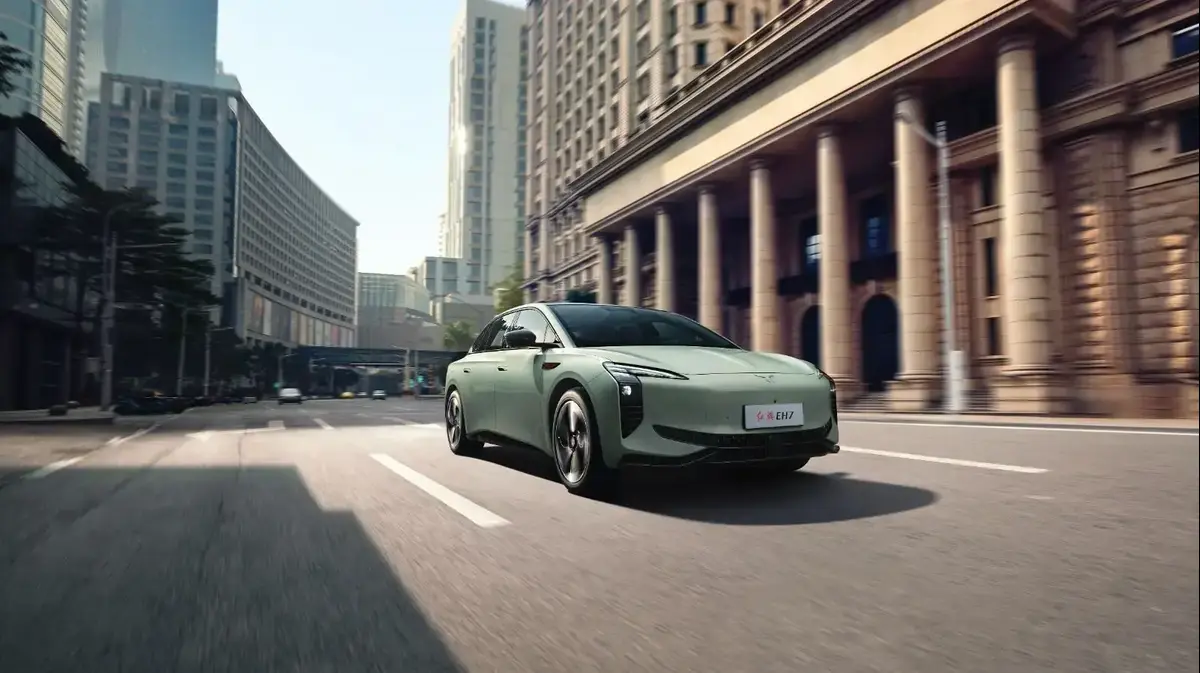vehicle
Car News
The safety systems "put" drivers to sleep and endanger us
A study conducted by the IIHS suggests that as car safety systems became more advanced and semi-autonomous, driver involvement in car operation decreased and this should concern us
Tags
iihs
Safety systems
Car safety systems
safety
car accidents
Keenan Cohen
Wednesday, 25 November 2020, 09:50
Share on Facebook
Share on WhatsApp
Share on general
Share on general
Share on Twitter
Share on Email
0 comments
Drivers who have used advanced systems have tended to get used to their operation and demonstrate less involvement in driving
Drivers in cars with semi-autonomous driving assistance systems are becoming less involved in driving them, according to a new study conducted in the United States.
It is difficult to impossible to estimate how many people survived a death or a serious accident in the foreheads of the safety systems in our cars.
While the sharply plunging numbers of minor tin accidents in the years since have become non-distance warning and automatic braking provide good evidence that they greatly affect the situation on the roads.
The study, conducted by the IIHS (American Road Safety Institute) and the Massachusetts Institute of Technology MIT, also indicates cause for concern and not for the first time.
A group of 20 experimenters participated in the study, with ten of them driving a Land Rover Evoque equipped with adaptive cruise control and the rest with a Volvo S90 additionally equipped with Pilot Assist that keeps the vehicle in the center of the lane.
More on Walla!
NEWS
Watch: Pedestrian identification systems fail the test
To the full article
Volvo S90, the semi-autonomous systems "put to sleep" driver involvement
During the first month of the study it emerged that the gap in the behavior of the experimenters was “small to imperceptible” in terms of lack of involvement in driving (removing hands from the steering wheel, lowering the gaze from the road, etc.).
In the month that followed, however, there was a significant change in the way they behaved.
According to the study: "There was a marked tendency for drivers to lose focus and remove hands from the steering wheel when using the automated systems."
Specifically, the study found that there was a direct link between the degree of autonomy of the car and the tendency for non-involvement in driving, "the impact of the Volvo's Autonomy Level 2 driving system was more dramatic than that of adaptive cruise control alone."
The study also showed that the drivers at Ivec, who were equipped with adaptive cruise control, showed more distractions that originated in the mobile phone while using the system.
According to IIHS lead researcher Ian Reagan: "The prevalence of drivers who showed signs of non-involvement was twice as high after a month of using advanced driving assistants than at the start of the experiment", adding that: "That the control of the center of the lane is working."
High probability of dealing with a mobile phone using adaptive cruise control
The most advanced is the most lucrative
Compulsory insurance starting at NIS 54 per month
By the insurance company WE SURE
Purchase >>
The study concluded that more technology means more problems, led them to declare that drivers should understand the importance of driving involvement and not "accept the misleading illusion of safety over time of use" and called for stricter monitoring of drivers to ensure their ability to control the vehicle if required For that.
This call is in fact addressed both to law enforcement agencies, but no less so to automakers that alongside the development of these technologies should also introduce more frequent means of monitoring and reminders to drivers they identify as unconcentrated in driving.
Some of these systems, commonly referred to as "driver alert monitoring", are already found in quite a few cars, but in our experience the set of algorithms that run them does not really meet the needs and is much less alert than we would like to think.
Share on Facebook
Share on WhatsApp
Share on general
Share on general
Share on Twitter
Share on Email
0 comments













